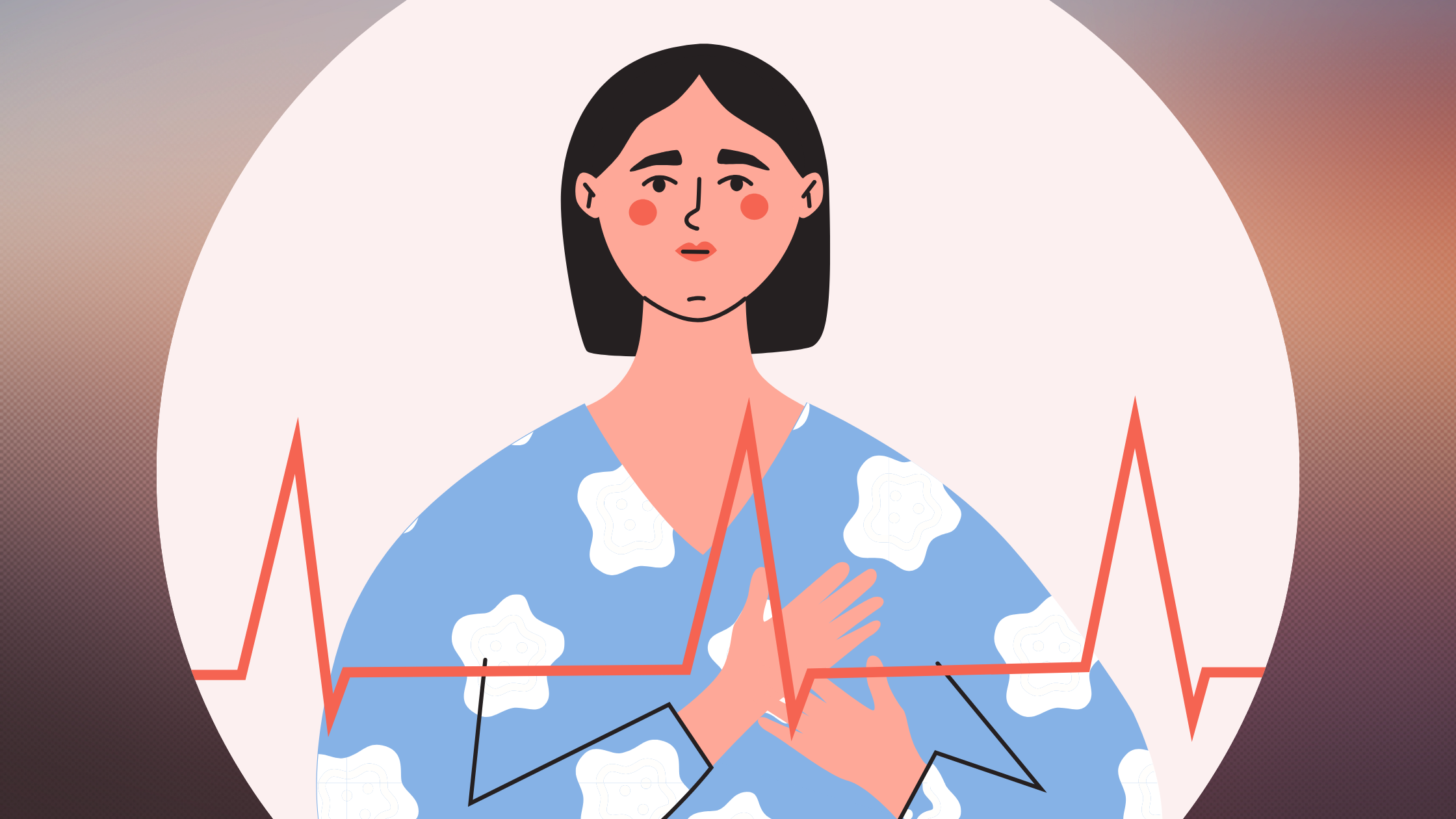
Bradycardia, a condition characterized by an abnormally slow heart rate, can have various implications on overall health, including its potential impact on sleep patterns and quality. In this blog post, we'll delve into the relationship between bradycardia and sleep, exploring how this condition can influence nighttime rest and what individuals with bradycardia should be aware of when it comes to their sleep health.
What is Bradycardia?
Bradycardia is defined as a resting heart rate that is slower than normal—typically fewer than 60 beats per minute in adults. While athletes and those who are very fit may naturally have lower heart rates, bradycardia can also be a result of certain medical conditions, such as:
- Sinus node dysfunction
- Heart block
- Hypothyroidism
- Electrolyte imbalances
- Side effects of certain medications
How Bradycardia Can Impact Sleep
The relationship between bradycardia and sleep can vary depending on the underlying cause and severity of the condition. Here are some ways bradycardia may influence sleep:
-
Symptoms During Sleep: Some individuals with bradycardia may experience symptoms during sleep, such as fatigue, dizziness, or fainting spells. These symptoms can disrupt sleep continuity and quality.
-
Sleep-Related Conditions: Bradycardia may be associated with other sleep-related conditions, such as sleep apnea or nocturnal bradycardia (a decrease in heart rate during sleep). These conditions can further impact sleep quality and overall well-being.
-
Medication Effects: Certain medications used to treat bradycardia or underlying conditions may have side effects that affect sleep, such as drowsiness or changes in sleep patterns.
Tips for Managing Sleep with Bradycardia
If you have bradycardia, it's important to prioritize good sleep hygiene and monitor your sleep patterns to optimize restorative sleep. Here are some tips to consider:
-
Consult Your Healthcare Provider: Talk to your doctor about your sleep patterns and any symptoms you experience during sleep. They can assess your condition, recommend appropriate treatments, and address any underlying issues that may be affecting your sleep.
-
Maintain a Consistent Sleep Schedule: Go to bed and wake up at the same time each day, even on weekends. A regular sleep schedule helps regulate your body's internal clock and promotes better sleep quality.
-
Create a Relaxing Bedtime Routine: Establish a calming bedtime routine to signal to your body that it's time to wind down. This could include reading a book, taking a warm bath, or practicing relaxation techniques like deep breathing or meditation.
-
Optimize Your Sleep Environment: Keep your bedroom dark, quiet, and cool to promote restful sleep. Invest in a comfortable mattress and pillows that support good sleep posture.
-
Monitor Symptoms: Pay attention to any changes in your sleep patterns or symptoms during sleep. Keep a sleep diary to track your sleep habits and share this information with your healthcare provider.
Seeking Professional Guidance
If you have concerns about bradycardia and its impact on your sleep, consult with a healthcare provider or cardiologist who specializes in heart rhythm disorders. They can conduct tests, monitor your heart rate patterns, and recommend appropriate treatments or lifestyle modifications to improve both your heart health and sleep quality.
Conclusion
Bradycardia is a condition that requires careful management, especially when it comes to sleep health. By working closely with healthcare professionals, adopting healthy sleep habits, and monitoring symptoms, individuals with bradycardia can take proactive steps to optimize their sleep and overall well-being. Remember, prioritizing sleep is essential for maintaining good heart health and quality of life. If you suspect any sleep-related issues or changes in your condition, don't hesitate to seek professional guidance for personalized care and support.
If you or someone you love are continuing to have sleeping trouble, that may be a sign of an underlying problem. Please click the orange button below to take a free online sleep test and talk with one of our sleep health professionals.

